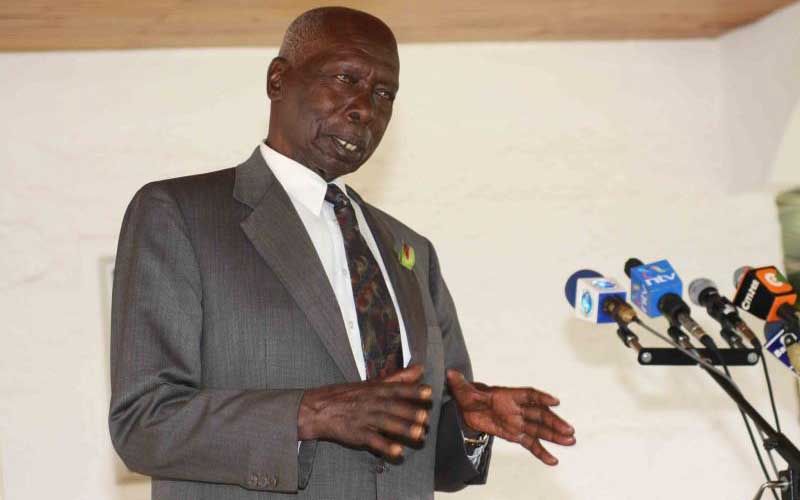
When I completed my undergraduate studies at Moi University, the first job offer I got was to be a public relations officer in the same institution. My duties, among others, had to do with managing the office of the chancellor, vice chancellor and the chair of the university council. At the time, President Moi was the Chancellor, D Nathaniel Tum was the chairman of council while Prof Raphael Munavu was the vice chancellor. Being the Head of State, Moi also doubled up as the chancellor for all the other four public universities that Kenya had at that time.
As our chancellor, Moi had a stately, fully furnished office located on the first floor of the Mackay Building within the university campus. Though he would use it only when he came to preside over the university's graduation ceremonies, the office had all the equipment and paraphernalia befitting the stature of a president, including a state chair, executive desk and a specially designed table, complete with rod brackets where he would place his trade mark rungu whenever he called in.